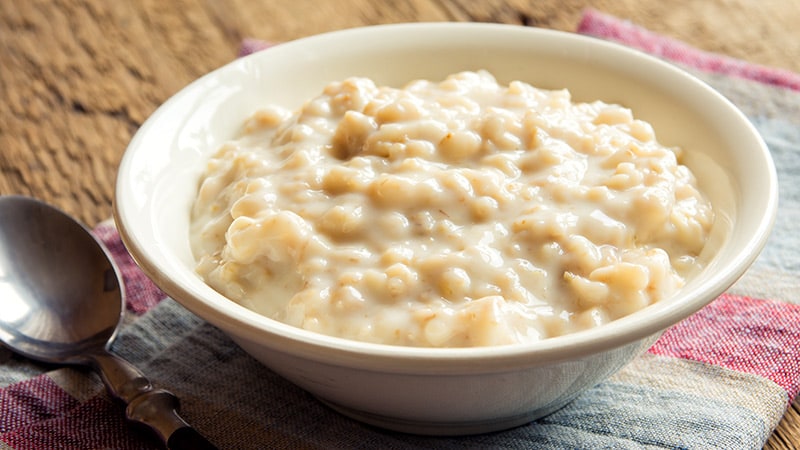TOPLINE:
Two cohort studies linked dietary lignans, notably matairesinol and secoisolariciresinol, and lignan-rich whole grain foods to reduced gout risk.
METHODOLOGY:
- Researchers analyzed data from two ongoing US prospective cohorts to assess whether the intake of dietary lignans and whole grain foods influences the risk for incident gout.
- Participants included 43,703 male health professionals and 78,977 female registered nurses (mean age, 49.4-54.1 years) who completed a validated food frequency questionnaire of about 130 food items.
- The intake of four lignans (matairesinol, secoisolariciresinol, pinoresinol, and lariciresinol) and five lignan-rich foods (dark breads, whole grain breakfast cereals, cooked oatmeal or oat bran, other cooked cereals, and added bran) was measured.
- Lignan intake was divided into quintiles, and whole grain foods into categories of intake frequency; pooled analyses from both cohorts compared risks between the highest and lowest intake groups.
TAKEAWAY:
- A total of 2709 cases of incident gout were documented over 2,704,899 person-years of follow-up.
- Higher intakes of matairesinol and secoisolariciresinol were each associated with a reduced risk for gout (adjusted hazard ratio [aHR], 0.78 for both; P for trend = .002 for both).
- Eating at least one serving of whole-grain cold breakfast cereal daily was associated with a 38% lower risk for gout than eating less than one serving per month (aHR, 0.62; 95% CI, 0.53-0.73).
- Eating at least two servings per week of cooked oatmeal or oat bran (aHR, 0.78; 95% CI, 0.70-0.86) or added bran (aHR, 0.84; 95% CI, 0.74-0.95) lowered gout risk more than eating less than one serving per month.
IN PRACTICE:
“[The study] findings support adherence to a healthful plant-based diet for gout prevention and highlight the potential role of the gut microbiome in gout pathogenesis,” the authors wrote.
SOURCE:
This study was led by Sharan K. Rai, PhD, Harvard T.H. Chan School of Public Health, Boston. It was published online on July 7, 2025, in Arthritis Care & Research.
LIMITATIONS:
Flaxseeds, the dominant source of secoisolariciresinol, were included in the questionnaire later in the follow-up, so total secoisolariciresinol levels in the early years were likely to be underestimated. Study participants were primarily US-based health professionals, which limits generalizability. The influence of enterolignans was not investigated.
DISCLOSURES:
This study received research grants from the National Institutes of Health. One author reported receiving support in part from a Doctoral Foreign Study Award from the Canadian Institutes of Health Research. Another author reported receiving a Career Development Award from the National Institutes of Health. The authors declared having no conflicts of interest.
This article was created using several editorial tools, including AI, as part of the process. Human editors reviewed this content before publication.
